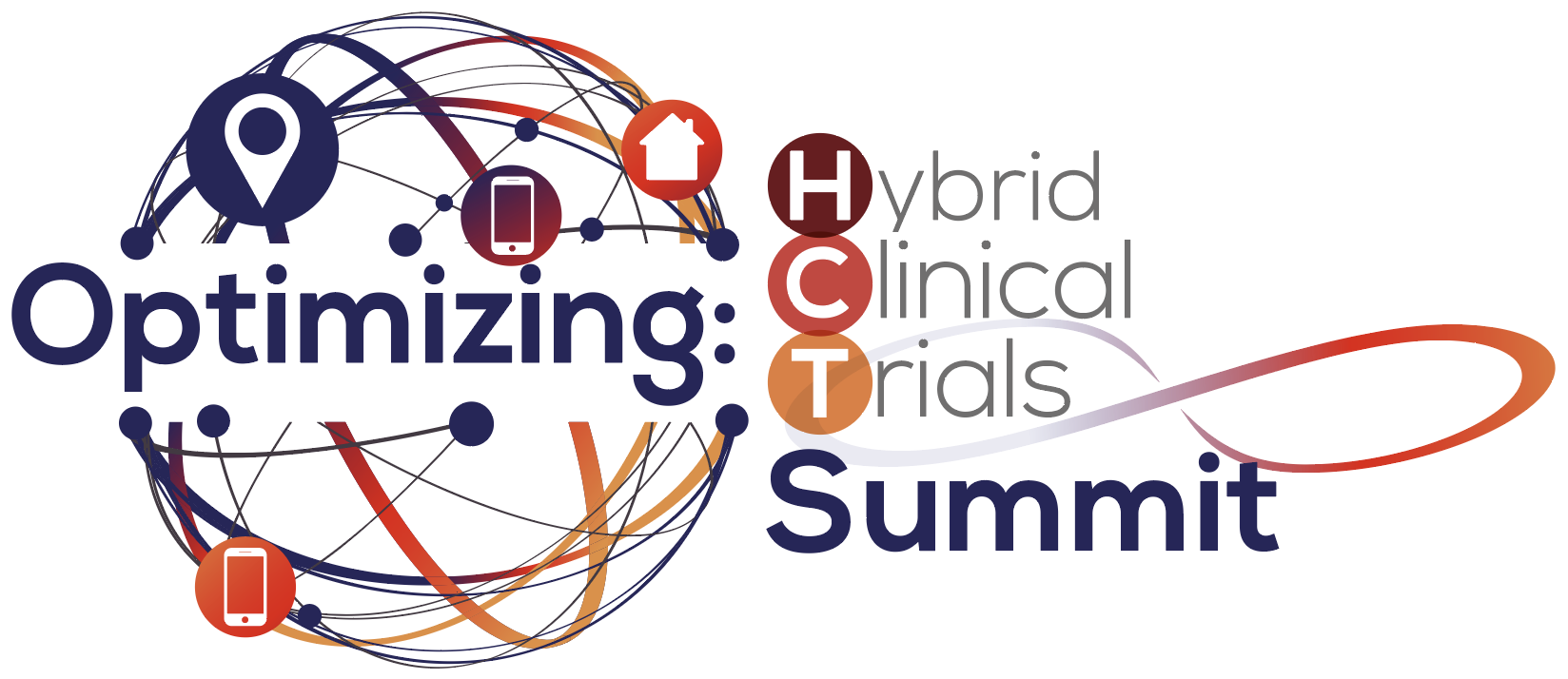Conference Day Two
8:55 am Chair’s Opening Remarks
Case Studies in Measuring ROI for Non-Monetary Factors to Quantify Impact of Previously Qualitative Data
9:00 am Measuring the Impact of Decentralized Trials on Engaging Underrepresented Groups to Broaden Participant Diversity & Showcase More Accurate Findings Through Trial Findings
Synopsis
- Changes that have occurred over the course of this last year
- Case study/on-going learnings from current work
- The value of non-monetary ROI
9:30 am Roundtable: Quantifying Non-Monetary Factors Such as Improving Patient Retention & Broadening Participant Diversity In Hybrid Clinical Trials
Synopsis
- Importance of non-monetary ROI and how it can translate to monetary ROI
- Value of increasing patient diversity in driving towards more reliable clinical trial outcomes
- Strategies within HCT settings that will increase patient retention and translate into ROI
10:00 am Increasing Patient Centricity & Enhancing Cost Efficiencies to Achieve ROI & Increase Patient Retention
Synopsis
- Measuring the effectiveness of innovation adoption across numerous clinical trials
- Enhancing cost efficiencies to support patient centricity and retention
- Ways to achieve ROI through the implementation of trial innovations
10:30 am Morning Break & Networking
11:30 am Navigating Ways to Use Digital Health Technologies to Measure What Is Clinically Meaningful to Patients
Synopsis
- Principal insights from digital diet diary experience
- Importance of patient centricity in achieving ROI
- Learnings from AI based patient retention analysis
Overcoming Operational Challenges When Implementing Novel Technology
12:00 pm Considerations for Adopting Digital Measures in the Hybrid Setting: From Patient Experience to ROI
Synopsis
- How can the experience be made more seamless for patients?
- How can the experience be made more seamless for sites and sponsors?
- Discuss previous examples where digital measures can reduce sample size and enable faster go/no go decisions
12:30 pm Lunch Break & Networking
1:30 pm Roundtable: Selecting & Optimizing Technology & Software to Enhance Data Collection
Synopsis
- What are some user-friendly additions that will make a particular technology stand out among others?
- Importance of gaining participant feedback before implementing technology
- Barriers faced when collating data across multiple participants with varying data points
2:00 pm The LLS/BAML Master Trial: Exploring the Findings From Previous Work and the Implications for the Clinical Trials Sector
Synopsis
- Overview of the work/results from the past 7,8 years
- Review the current clinical research operations landscape verticals- examine whether critical advancements have occurred
- Decoding jargon: disrupt and innovate in the clinical trials sector
Overcoming Barriers Put in Place Through Laws and Regulations
2:30 pm Regulatory Aspects of Digital Health Technology Use in Clinical Trials
Synopsis
- Comparatively analyse DHT FDA guidance- opportunities and challenges with implementation
- Case studies: Practical application of evolving regulatory considerations
- Risk mitigation of clinical, cybersecurity and privacy risks are required to ensure patient safety
3:00 pm Roundtable: Optimizing Strategies to Improve Patient Recruitment, Diversity, and Engagement in Hybrid Clinical Trial Settings
Synopsis
- Understanding the ongoing work that is occurring in this space
- Importance of increasing access for patients in hybrid trials
- Navigating the barriers around improving patient recruitment
